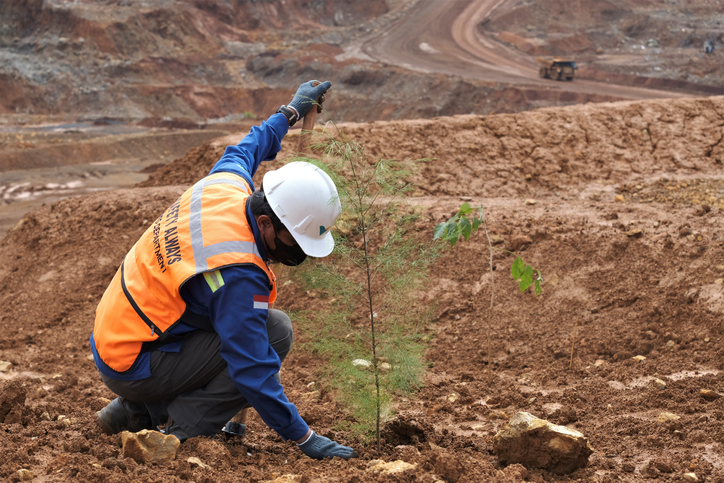According to the Sixth Assessment Report of the Intergovernmental Panel on Climate Change (IPCC) (2023), the adverse impact of climate change is already more extreme and far-reaching than expected. The report indicates that nearly half of the world’s population now faces severe shortages of clean water, while extreme floods and storms have displaced more than 20 million people a year. This figure has been monitored since 2018 by the United Nations High Commissioner for Refugees, and is expected to progressively increase in the coming years.
Furthermore, according to the 2022–2030 Strategic Framework of the Food and Agriculture Organization of the United Nations, the climate crisis has led to a slowdown in agricultural productivity improvements in mid- and low-latitudes in recent years, threatening food supply for the most vulnerable communities.
These unequal geographies of climate change have been monitored, characterized, and documented from different spheres of advocacy and decision-making. However, most of the advances in climate mitigation and adaptation to date have been reiterative in the need to develop and replicate jointly adopted alternatives to control the disproportionate increase in greenhouse gas emissions. Another need is to move toward the necessary changes so that the world's population can anticipate and adjust to new climate scenarios before it’s too late. However, monitoring reports and results have been almost unanimous in their conclusions that the efforts that have been proposed and implemented from global spheres to alleviate the climate crisis appear to be uncertain and insufficient.
It is therefore essential to understand that, in the last decade, there has been a massive expansion of climate commitments. These commitments have been designed, supported, and executed from multilateral financial cooperation and foreign policy strategies, as well as from robust civil advocacy schemes. An example of this is the commitments conceived and promoted through the United Nations.
However, these commitments have attracted attention because of their incremental tendency, their financing strategies through foreign investment and external debt, and because they have largely blurred the scope of the resulting interventions, which has limited the governance and influence of communities and local governments in climate action.
Moreover, these commitments have been accused of perpetuating colonial strategies of domination and dispossession, as well as setting targets that depend on the continuity of current political and financial power scenarios. For example, existing climate mitigation scenarios maintain energy use in the Global North at a per capita level two to three times higher than in the Global South.
These scenarios also rely on the development of costly technologies, such as negative emissions technologies (i.e., greenhouse gas capture and sequestration technologies such as deforestation and reforestation projects), which often result in land grabbing in the Global South.
In fact, different civil society organizations, activist movements, environmental and human rights groups, social leaders, and academics from different parts of the world have called on the international community to review and evaluate the rules on which international climate policy is being developed.
These calls point mainly to two points. First, it is necessary to determine at what level the alternatives and solutions promoted by the global climate agenda have reinforced colonial legacies. Second, it is essential to assess how climate action has contributed to the creation of new patterns of North-South domination. These points of view have been termed climate colonialism.
The introduction of this concept in civil, academic, and political spheres has been significant in that it has made it possible to characterize the ways in which the community has reacted to the undesired effects of many of the proposed mechanisms, such as clean development mechanisms, REDD+ projects, carbon markets, and the alternatives proposed in the transformation of global energy matrices.
Experience shows that climate cooperation mechanisms have established old dynamics of political and financial control through the incessant flow of capital from the north destined for extractive projects and justified as investments for development.
The concept of climate colonialism has also been useful in legitimizing the experiences of countries in the Global South. The IPCC 2023 report first mentioned the term colonialism in recognizing that legacies of domination have been historical and ongoing drivers of the climate crisis. This, coupled with the pervasive and persistent institutionalization of the historical legacy of colonialism, has meant that most climate alternatives deepen systemic inequalities while sidelining the needs of local communities and making it difficult to address the climate crisis in a fair and equitable manner.
An article published in Nature compiled the findings of the latest IPCC reports and concluded that climate expectations have been set wrongly, that alternatives advocating the removal of carbon dioxide from the atmosphere have been insufficient, and that these projects have mostly been labeled as wrongful adaptation alternatives.
The article proposes a change of narrative that incorporates nature-based solutions and small-scale interventions, which also include the welfare and development perspectives of local communities. It also suggests promoting solutions whose financing does not limit communities from decision-making spaces. Moreover, these alternatives should allow for adaptive actions that do not increase the external debt of the most vulnerable countries and incorporate oversight over land ownership and the protection of civil rights.
There has also been a call for change from governments in the south. The establishment of progressive agendas in Latin America in recent years has allowed the opening of new spaces for discussion about climate measures that had previously been dictated. However, the international agenda has not made an effort to recognize and, where necessary, reformulate the roots that underlie climate change adaptation policies and projects.
A collective recognition of colonial legacies is fundamental to imagining a future that is different from the hegemonic structures and institutions in which we now seem to find ourselves trapped. Fostering effective climate action must encompass the relentless questioning of current power dynamics and opening up of space for representation to delegations from the Global South, who must also come to play an active role in the negotiations.

